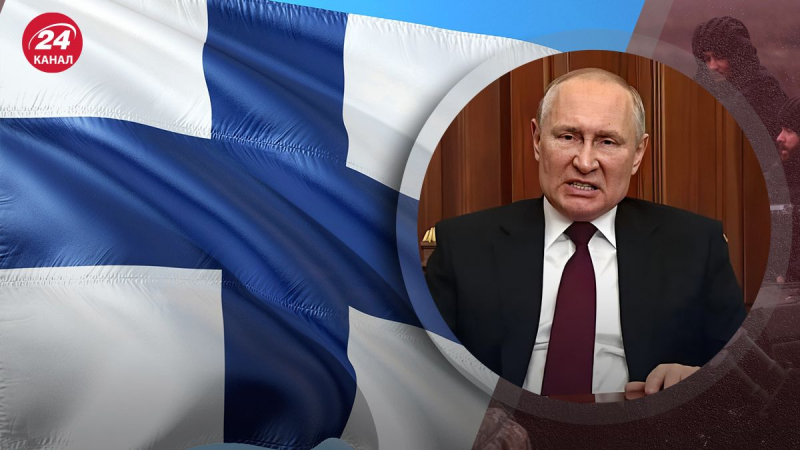Russia threatens Finland/Collage 24 Channel European countries are fully aware of the threat of a Russian attack and are preparing to fight back. At the same time, politicians can say soothing things to the population. About this Channel 24said chief consultant of the National Institute for Strategic Studies Ivan Us, commenting on the statement of the Prime Minister of Finland. As you know, Petteri Orppo said that the country can “sleep peacefully.” “I think this is an echo of the old Finnish policy, when the country was in NATO and maintained a certain balance between the USSR and the Alliance, then Russia and the Alliance,” noted Us. Despite its contradictory statements, Finland is taking concrete steps to defend its territory. First of all, we are talking about changing the approach to foreign policy and joining NATO. There is no threat, but Finland quickly came running to NATO. You can say a lot, but the most important thing is what you do,” stated Us. In addition, the country invites NATO troops to secure 1,200 kilometers of the border with Russia. And gradually closes checkpoints with the aggressor.
The actions of the Finnish leadership do not indicate a “restful sleep”
Russia threatens NATO: latest news
A lot can be said: how do European politicians actually react to threats from Russia?
86

